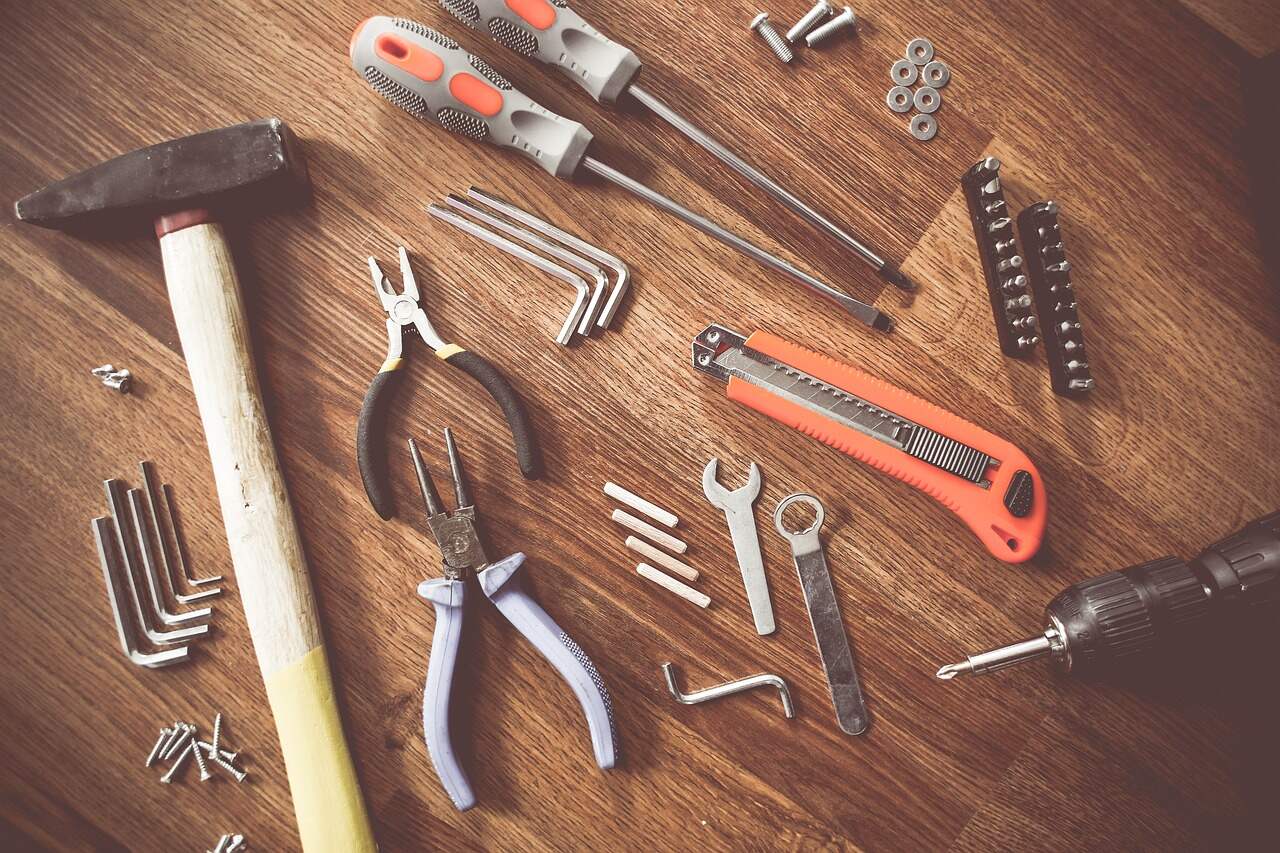The Role of Fasteners in Automotive Manufacturing
June 08,2023

When it comes to the manufacturing of automobiles, every single component of the vehicle must be assembled with exacting precision and accuracy. One of the key components of automotive manufacturing are fasteners, which play a crucial role in ensuring that every part of the vehicle is securely and precisely assembled. This essay will explore the importance of fasteners in automotive manufacturing and how they contribute to the overall quality and safety of the finished product.
The Importance of Fasteners in Automotive Manufacturing
Fasteners are small but critical components in automotive manufacturing. They hold together everything from the engine to the chassis, suspension, and body of the vehicle. Without proper fasteners, the vehicle would be structurally unsound and unsafe to operate. The quality and reliability of fasteners are essential to ensuring that the vehicle remains safe and reliable for years to come.
Fasteners come in a wide range of shapes and sizes, each with its own unique purpose. For example, bolts, screws, and nuts are commonly used to secure components to the vehicle's frame. Meanwhile, rivets and clips are often used to hold together body panels and other non-structural components. Additionally, fasteners can be made from a variety of materials, including steel, aluminium, and titanium, each with its own unique properties that make them suitable for specific applications.
The automotive industry has specific requirements for fasteners, including torque, strength, and durability. Fasteners must be able to withstand the vibration and stress of the vehicle and maintain their integrity without loosening or breaking. This is why automotive manufacturers invest heavily in research and development to create fasteners that meet these specific requirements.
Advancements in Fastener Technology
In recent years, advancements in fastener technology have led to the development of new materials and manufacturing processes that have further improved the quality and reliability of fasteners used in automotive manufacturing. For example, manufacturers now use lightweight and high-strength materials like titanium and aluminium to create fasteners that are stronger and more durable than traditional steel fasteners. Additionally, new manufacturing processes like cold forging and hot stamping have allowed for the creation of fasteners with more complex shapes and designs, further improving their ability to withstand stress and vibration.
Moreover, the use of computer-aided design (CAD) and finite element analysis (FEA) has enabled manufacturers to simulate the performance of fasteners under various operating conditions, allowing for more accurate testing and development of new fasteners. This has led to the creation of fasteners that are not only stronger and more reliable but also more lightweight and cost-effective.
Conclusion: The Crucial Role of Fasteners in Automotive Manufacturing
In conclusion, fasteners play a crucial role in automotive manufacturing, ensuring that every part of the vehicle is securely and precisely assembled. The quality and reliability of fasteners are essential to ensuring that the vehicle remains structurally sound and safe to operate. Advancements in fastener technology have led to the creation of stronger, more durable, and more complex fasteners, further improving the safety and reliability of automobiles. As such, the automotive industry will continue to invest heavily in fastener research and development to ensure the highest levels of safety and reliability for their customers.